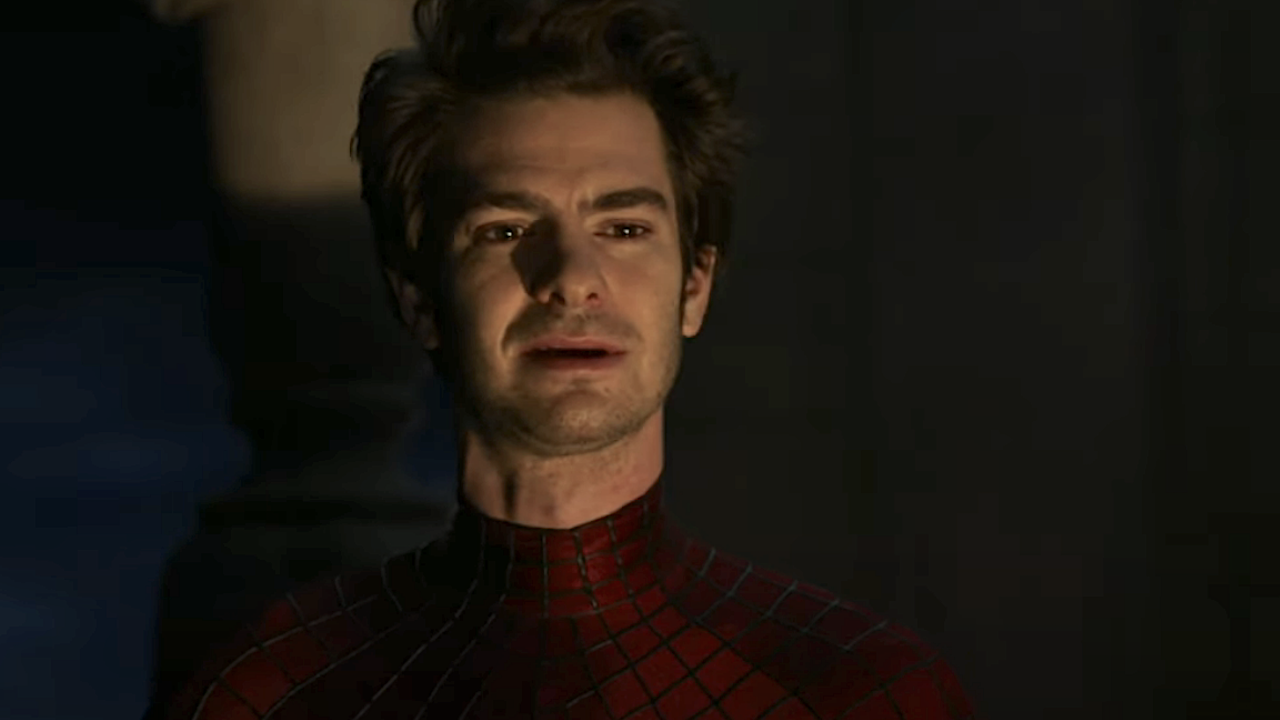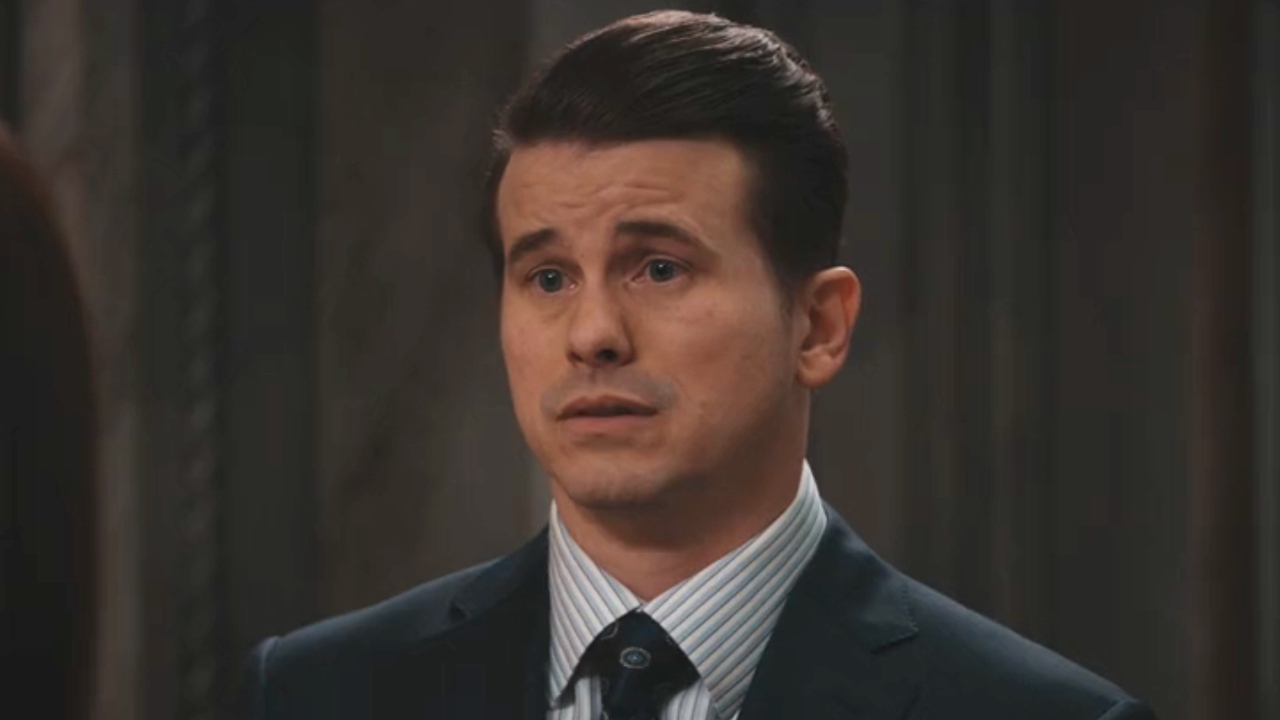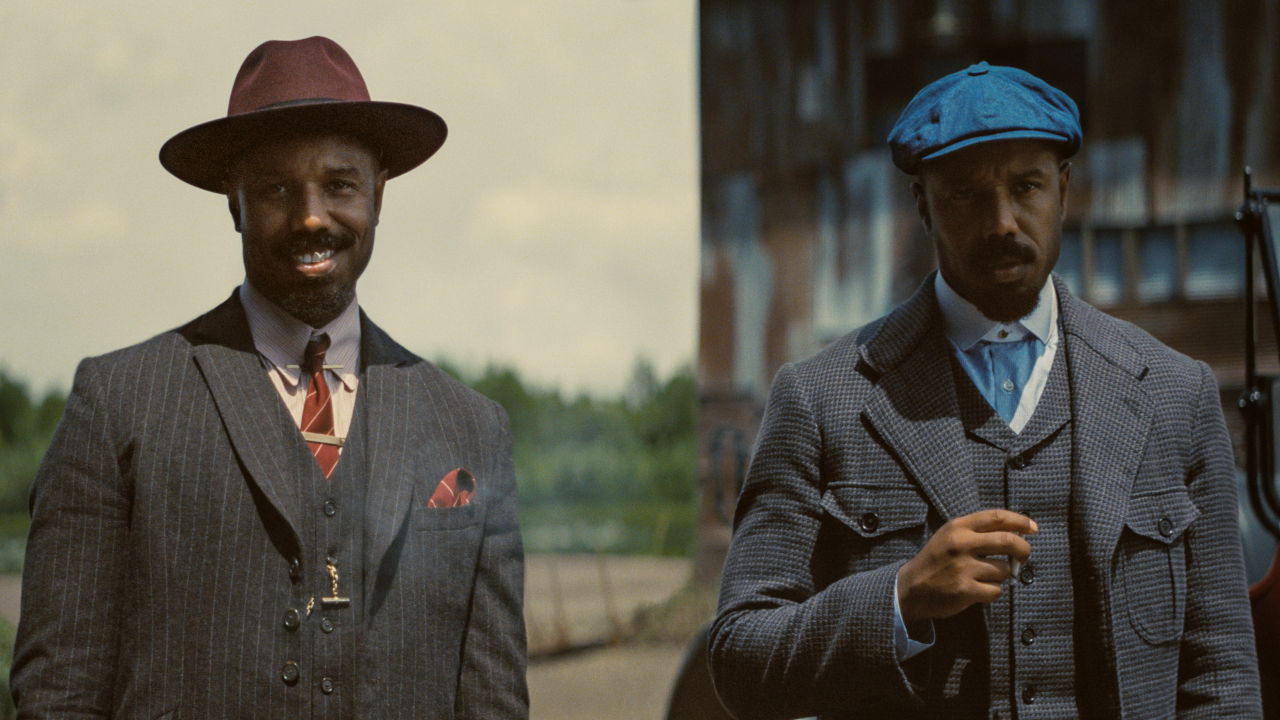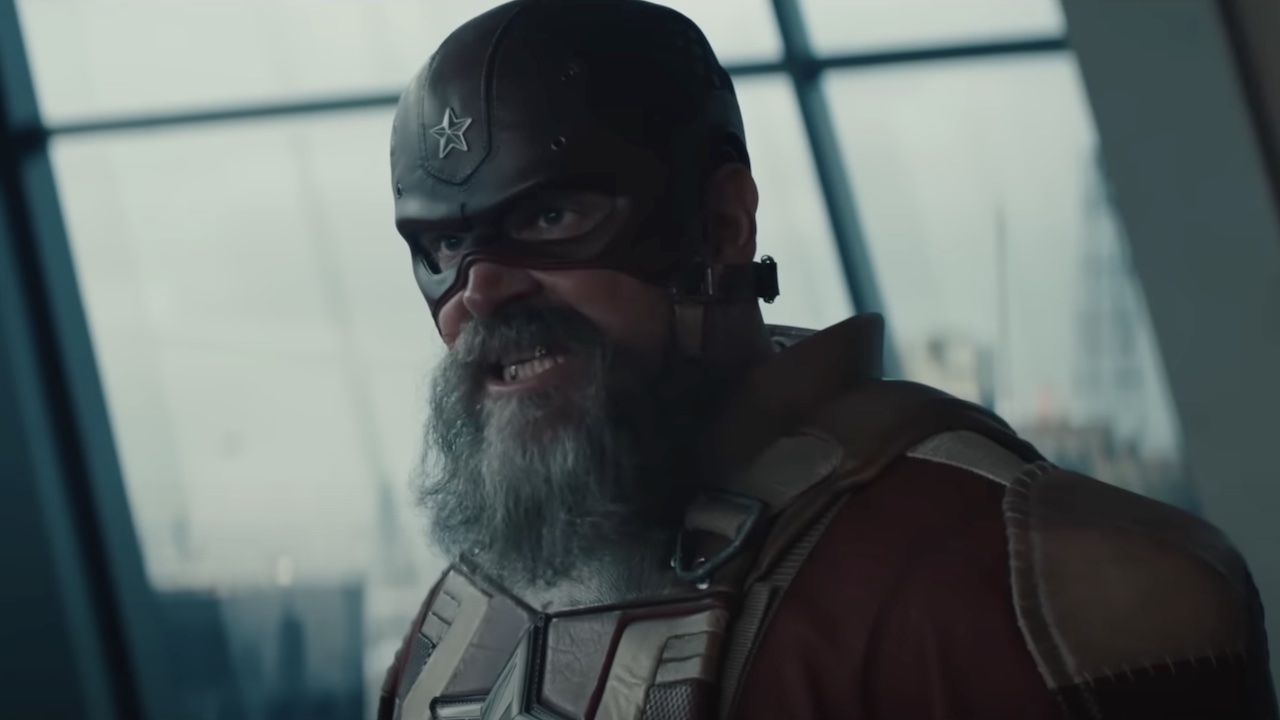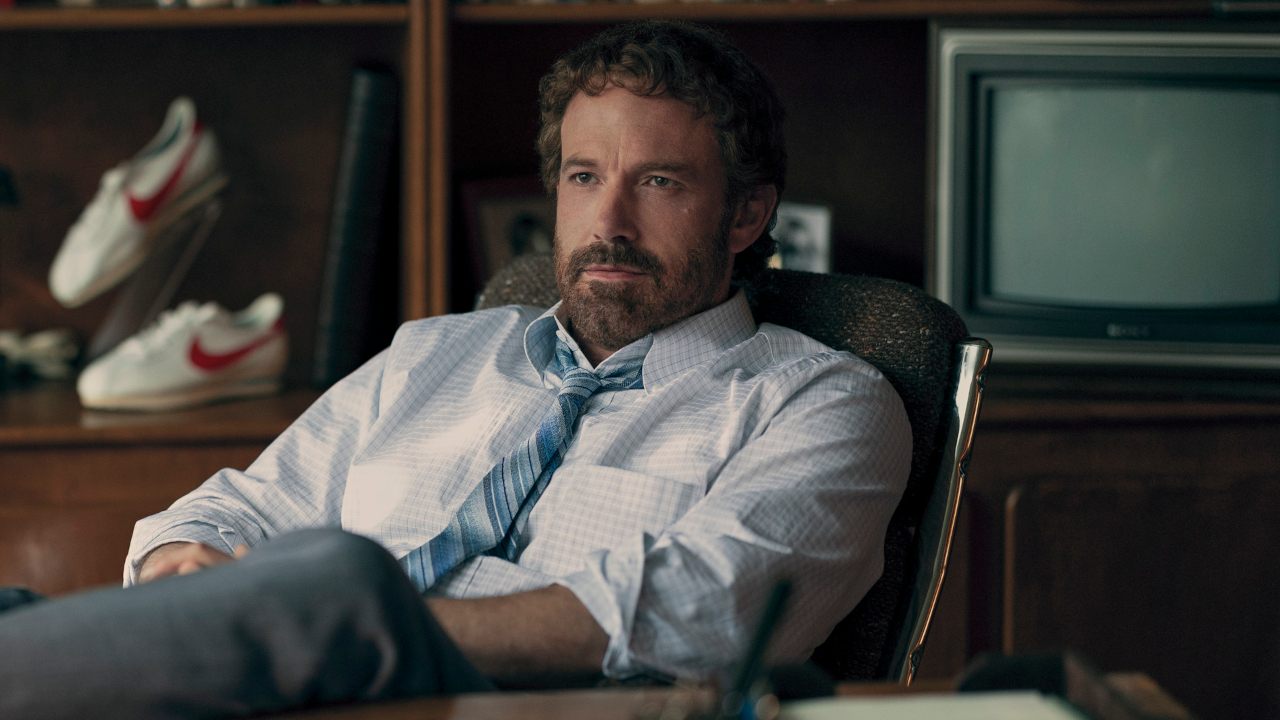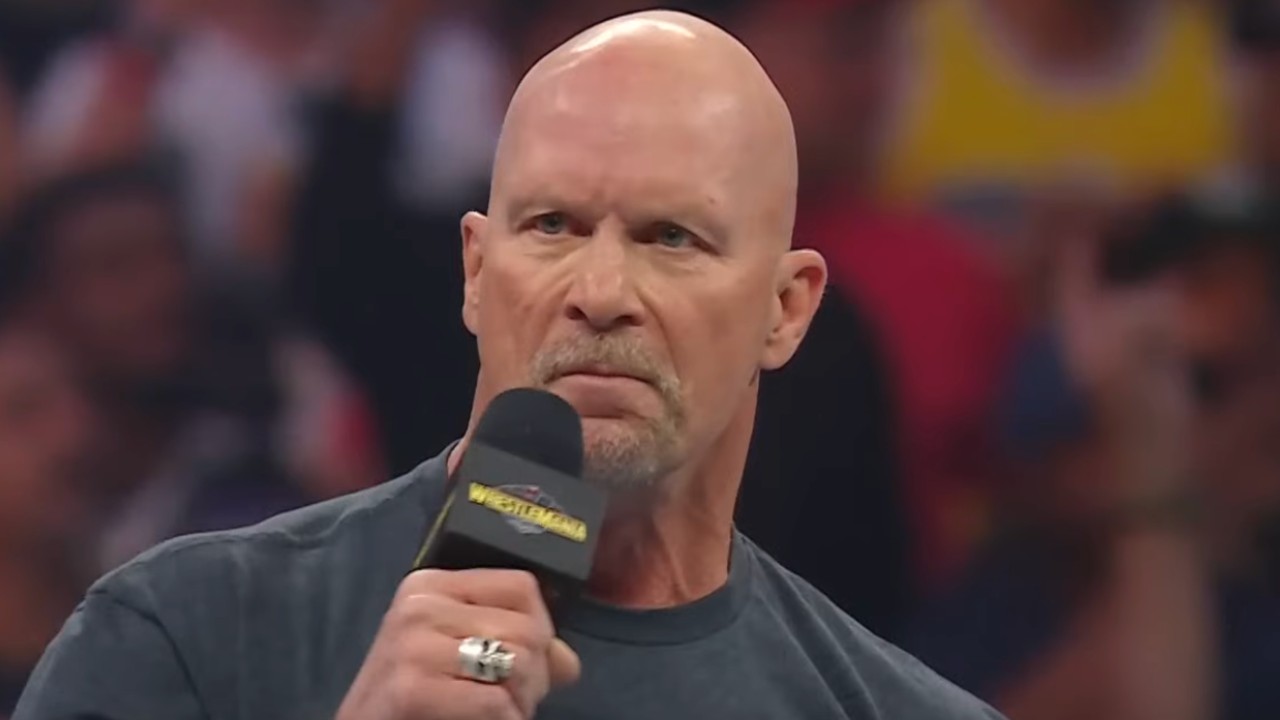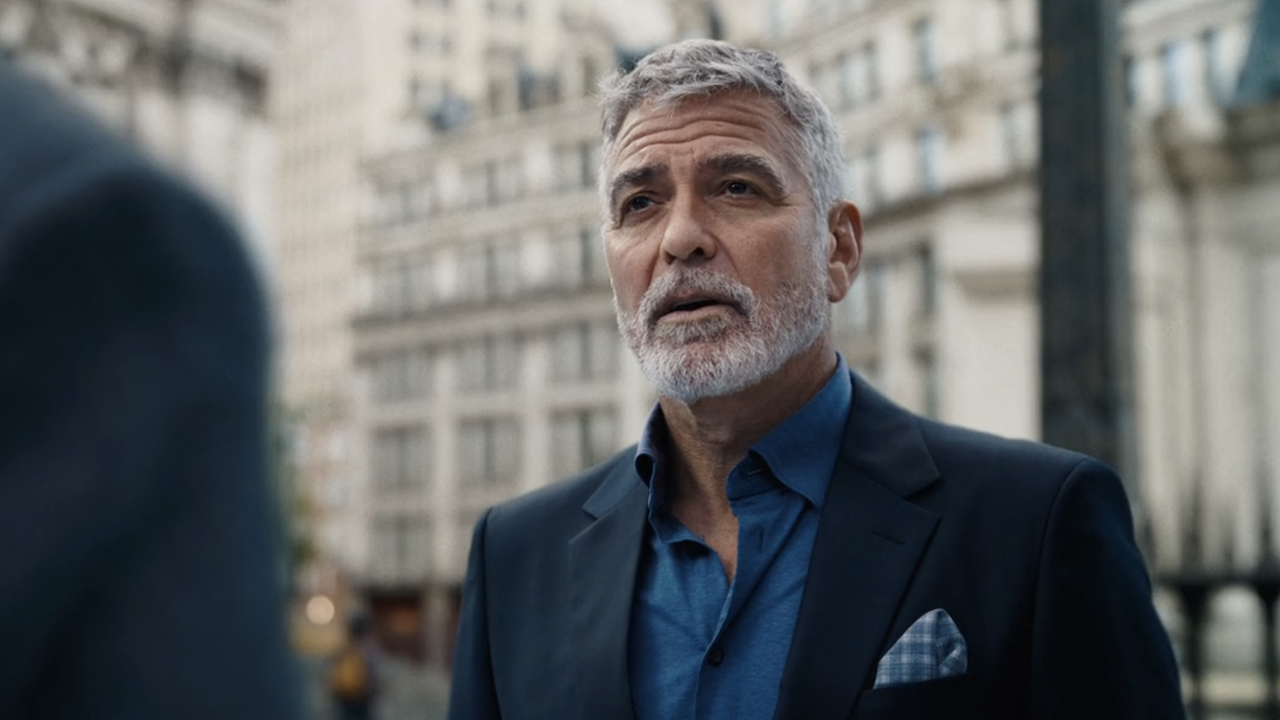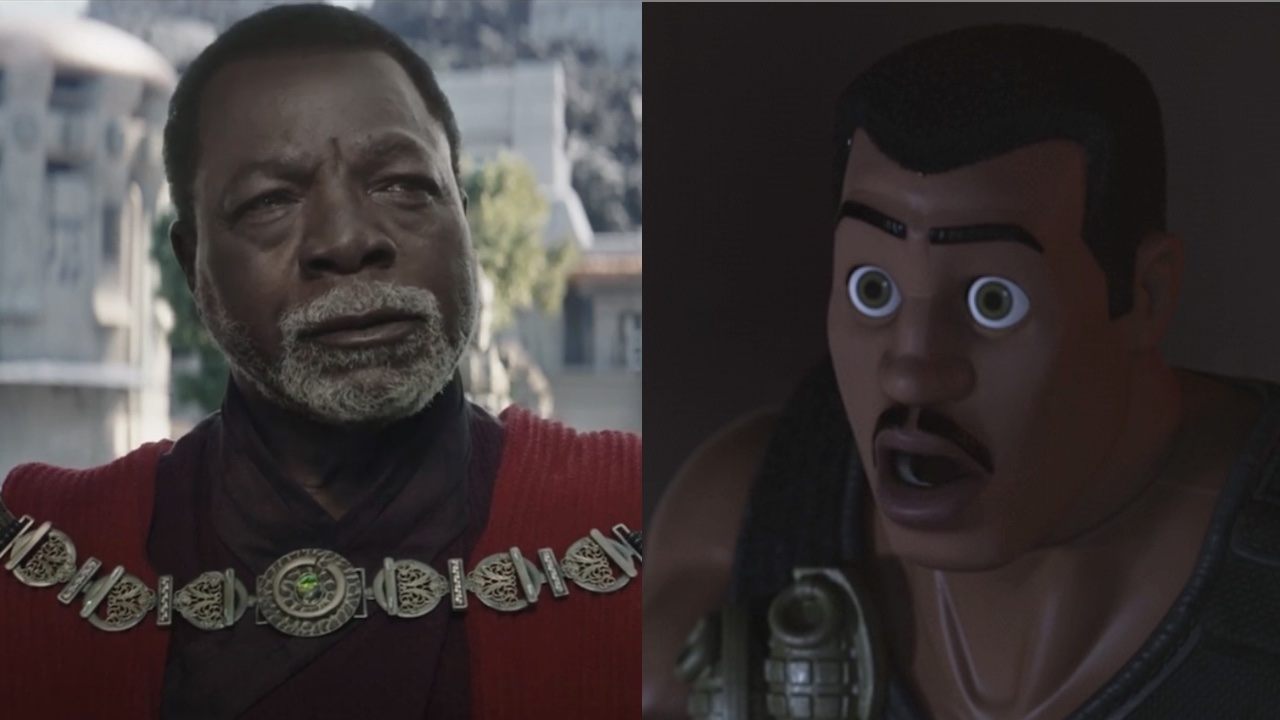Super Me Ending Explained: Was It All Just A Dream?

Netflix subscribers have plenty of original and licensed movie and TV shows options, along with an abundance of international movies and shows. The 2021 Netflix movies collection offers plenty of exciting domestic and international fare, including the film Super Me. One of the most entertaining parts of this film is the Super Me ending. It leaves viewers with plenty to discuss after the credits roll.
Super Me is a film from China, directed by Zhang Chong. It follows screenwriter Sang Yu (Darren Wang) as his literal dreams allow him to build the life that he has always wanted. However, stealing from dreams always brings consequences. Super Me blends genres and explores the psychological and subconscious aspects of dreams, and the more general concept of living ones’ dreams. The Super Me ending builds up to one explosive conclusion, which needs more examining.
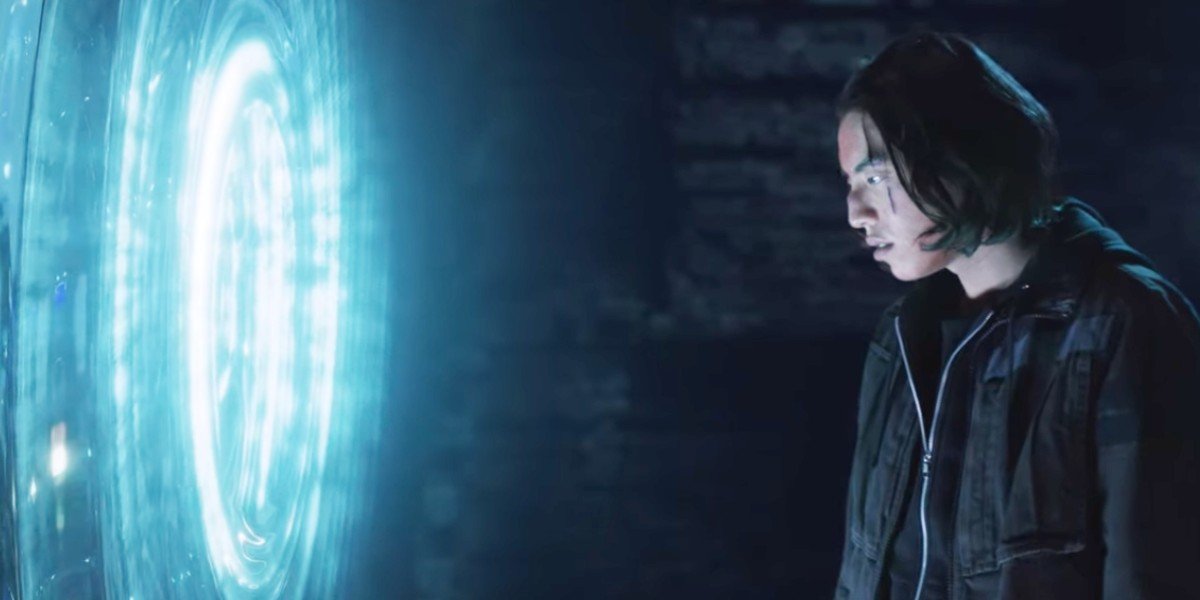
What Happened At The End of Super Me?
A gangster named Mr. Qiang (Wu Gang) finds Sang Yu and wants to extort millions from him. Meanwhile, Sang Yu’s body continues to deteriorate from all the scars he got while stealing items from his dreams. San (Bingkun Cao) also gets kidnapped when he comes to pay the ransom for Sang Yu’s release.
Worried about Sang Yu, Hua’er (Song Jia) shows up at his apartment, where he’s being held, and is taken hostage as well. Briefly, San, Sang Yu, and Hua’er manage to overpower Qiang and his gang. This leads to a chase that results in Sang Yu being stabbed multiple times and San beaten to death.
While Hua’er is being strangled, Sang Yu passes out and goes to a world which seems to be between dream and reality, or life and death. He then sees a flashback of key moments in his dream world and real life. He tries to break a wall that will take him back to reality, but it won’t break. He then transforms into one of the blue creatures that he’s been battling in his dreams.
The creature breaks through the wall, and several of Sang Yu’s memories, until he’s back at the scene with Qiang. He then kills Qiang and his men, and he shoots Sang Yu. We’re taken back to where Sang Yu first started taking from the dream world. This time, Hua’er reaches out to him.
She takes him to her home, feeds him, and offers him a job. We see several months pass and Sang Yu has gotten back on his feet. He’s even writing again, this time for himself. He meets with San to repay him the advance for an unwritten script. San rejects the money. Instead, he gives him a bunch of money and tells him that a script he wrote a while ago has sold.
CINEMABLEND NEWSLETTER
Your Daily Blend of Entertainment News
Sang Yu then encounters the kind food vendor (Chin Shih-chieh), who gives Sang Yu back the money. He then shows Sang Yu his scar and says that he once made the same trade and can’t accept his money. He likes things this way better. Then the background fades and we see the in-between world of reality and dream, life and death. There is also a scene after the credits which shows Hua’er talking to Sang Yu while the blue creature from his dreams watches.
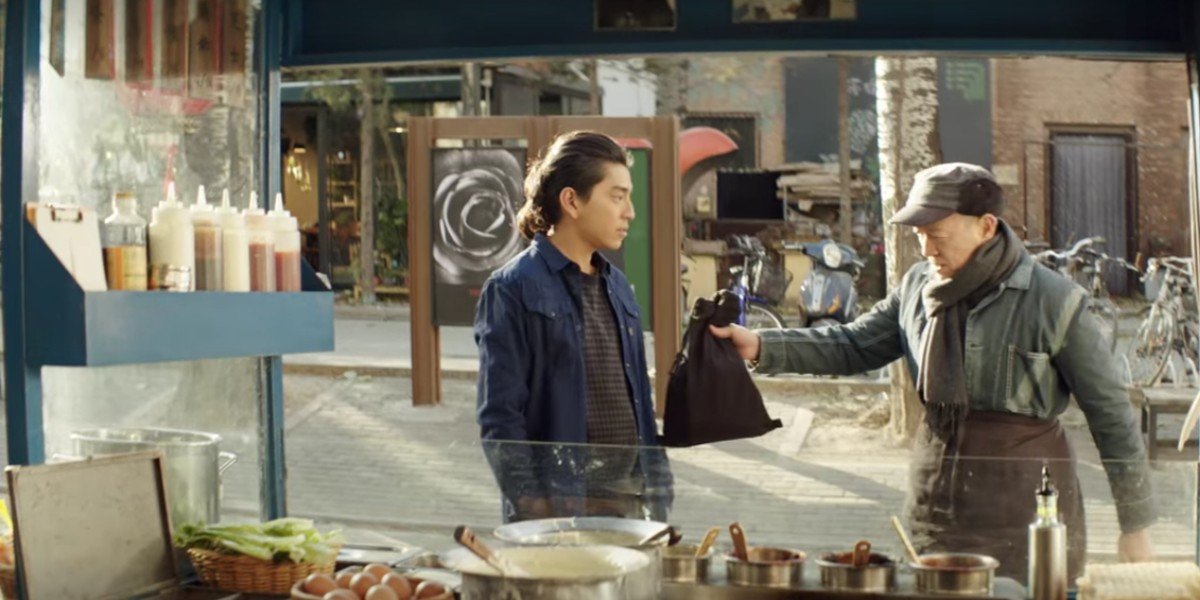
Was The Super Me Ending A Dream?
We saw the blue creature again watching Sang Yu and the background become the world between dreams and reality. The signs point to everything being a dream (possibly like the Inception ending), but I don’t think this is a case of Sang Yu being trapped in a dream world. Instead, I think what has happened with Sang Yu becoming the blue creature and then shattering the wall, is that he has eliminated the barrier between dreams and reality.
They now exist as one. His dream world is now his reality but not in the same grand way as before. He can have his dreams become reality but by doing the work to achieve them. The final scene with the blue creature watching him was to show that he’s still being monitored, and the moment he steps out of line again (i.e with a crime like bank robbery), the creature will appear again.
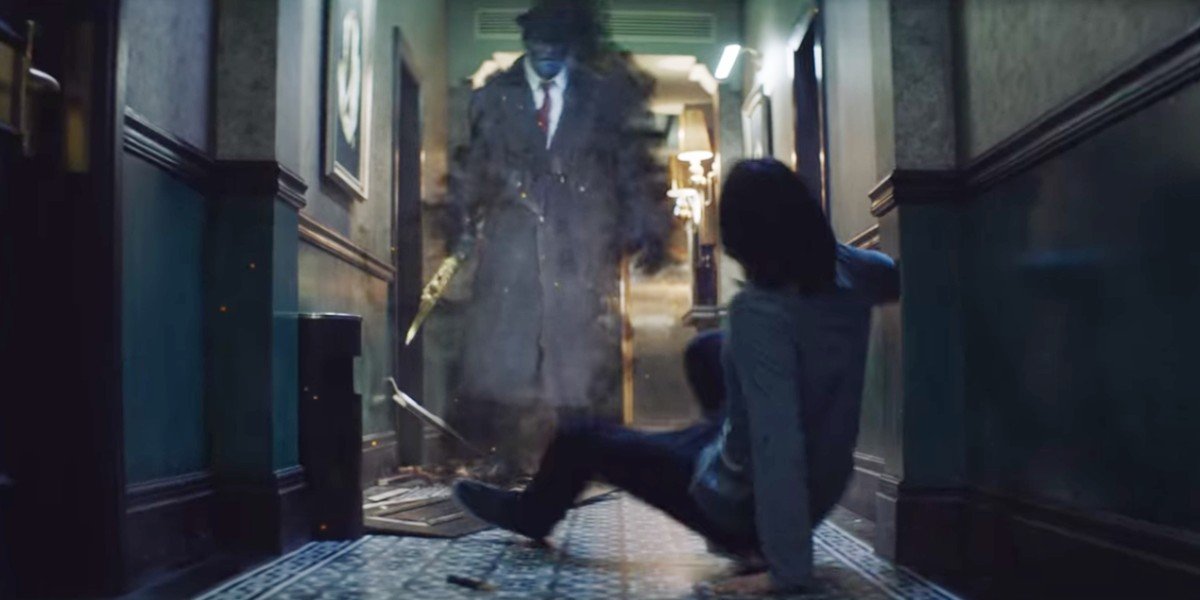
The Monsters In Super Me Explained
In an interview with Luju Bar, Super Me director Zhang Chong discussed how Freud’s ideas of the id, ego, and superego play out in the film. In basic terms, Freud’s theory of the id, ego, and superego is that the id is our instincts, our basic desires. It’s the impulses and needs which occupy everyone’s lives. The ego is what stops us from going after our every whim and desire. The superego is the moral standard, criticism, or societal norms which we all follow.
For example, the id would be if you want to watch movies all day, but the ego would stop you because you know that if you watch movies all day, you won’t have time to work, or you’ll produce low quality work. The superego tells you that you’ll be fired, and no job means that you can’t support yourself and your family.
In Super Me, Sang Yu lives by his id in his dreams. In reality, he still has some of his ego working because he doesn’t act with the same freedom he does in his dreams. The superego in Super Me is the blue creatures. Zhang Chong discussed how they represent the police or authority in Sang Yu’s dream world. That’s why we often see them dressed in different forms of police (security cop, guard, detective, etc.) attire.
Sang Yu’s constant battle with these creatures represents his (and everyone’s) on-going struggle with morality vs. desire. The monsters are guards trying to keep Sang Yu from going off into a life of crime. This is why we see them at the end watching Sang Yu. They may not appear as often anymore in Sang Yu’s dreams, but they’ll always be there watching and making sure he lives a moral life.

The Dream Allegory In Super Me
Super Me has a very clear allegory about going after your dreams to achieve success. The film opens with a very depressed, barely surviving Sang Yu. He doesn’t start to crawl out of his depression until he uses his dreams to build the life he wants. Dreams are the key to his success.
Zhang Chong wants viewers to see that going after your dreams can lead to success, but it has to be done the right way. We see how all of Sang Yu’s stealing comes back to haunt him and eventually takes his life. However, we also see him get a do-over and he also achieves success, it just takes him down a longer road. The food vendor mentions how he made the same bargain and regretted it. In the Luju Bar interview, Zhang Chong went more into detail about how the vendor used his dreams to become more wealthy to help his dying wife, but also paid the price.
Now both the food vendor and Sang Yu know that in order to achieve true success, they must go after their dreams but take the long, difficult more fulfilling road.
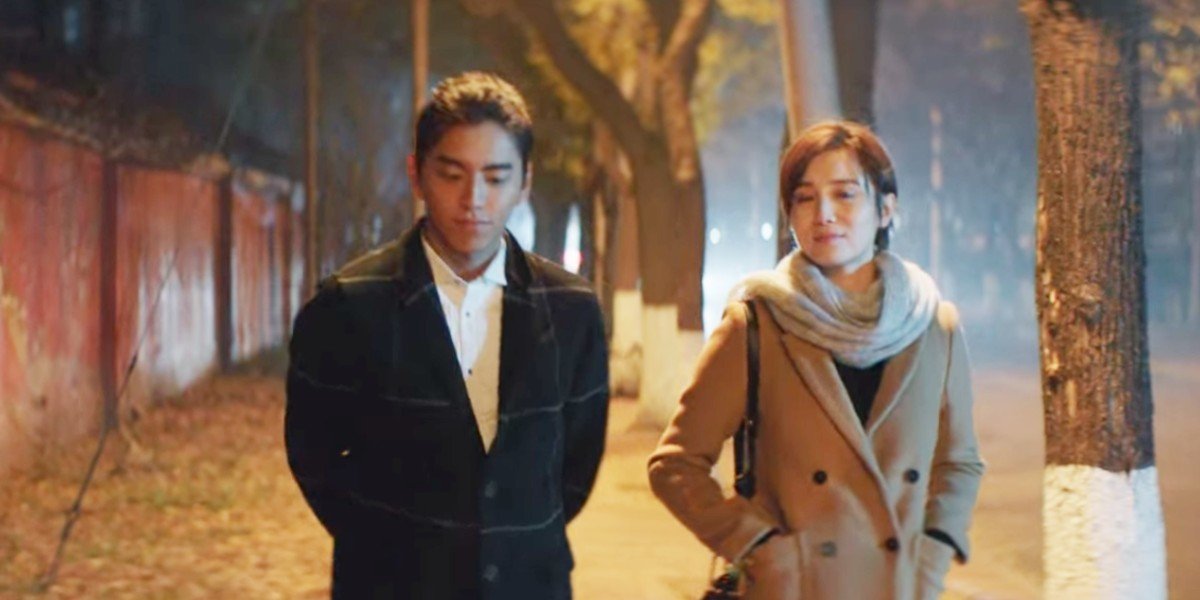
How Dreams Are Used To Achieve Success In Super Me
In an interview with China Underground, Zhang Chong also details how Sang Yu follows Maslow’s Hierarchy of Needs. It starts with him stealing from his dreams to get food and shelter, then he uses it to help him win over Hua’er, then to gain esteem and find fulfillment as a screenwriter. We also see him go through this hierarchy with his do-over but through putting in the work, both while working at Hua’er’s cafe and writing things that he wants to write.
The Super Me ending is complex because it’s open to the viewers to interpret, but at the heart of this story is the power of dreams and how they can be the key to living a fulfilling life. Stream Super Me here.
Make sure to check out Cinemablend's upcoming Netflix movies list for other great Netflix films coming soon!
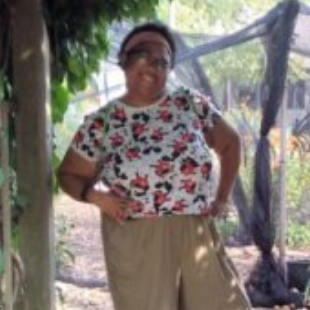
Spent most of my life in various parts of Illinois, including attending college in Evanston. I have been a life long lover of pop culture, especially television, turned that passion into writing about all things entertainment related. When I'm not writing about pop culture, I can be found channeling Gordon Ramsay by kicking people out the kitchen.

